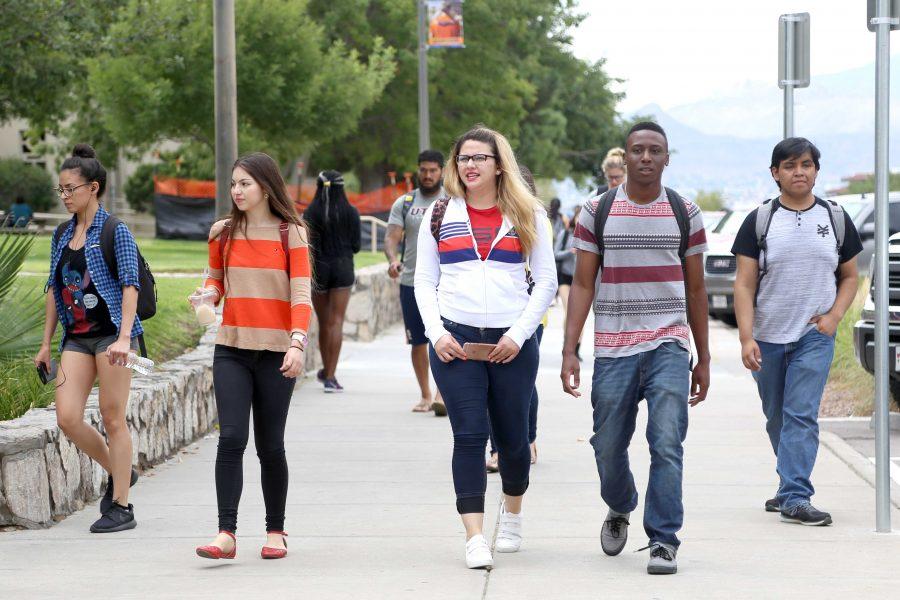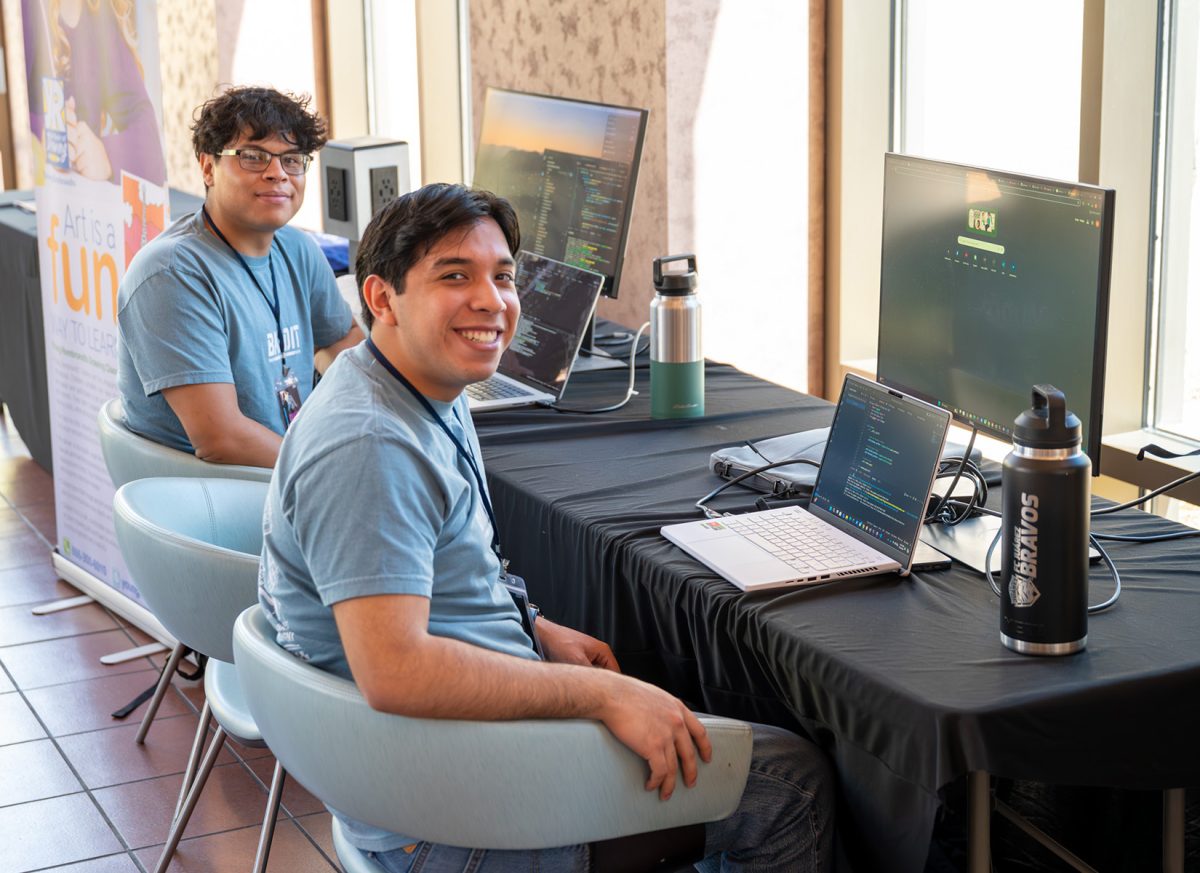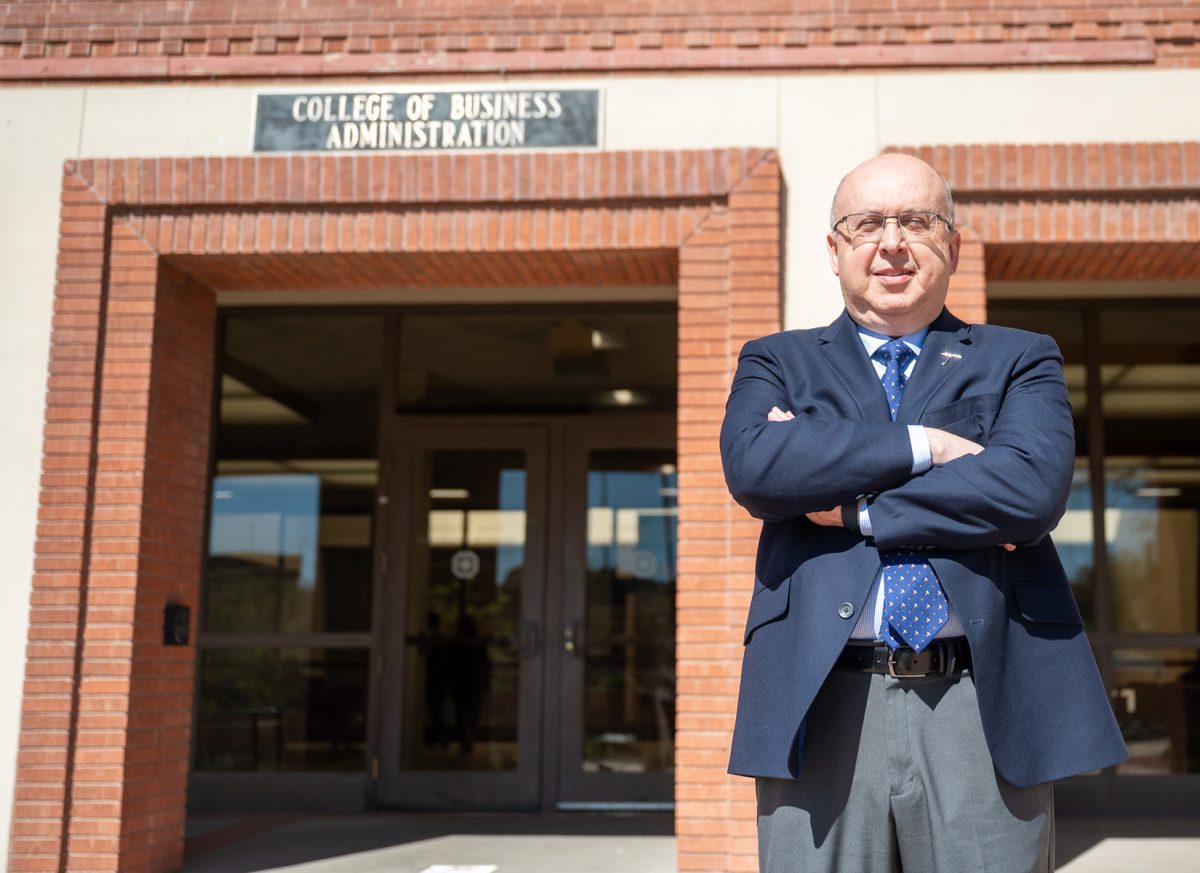Many publications reported that 2016 was one of the best years for college graduates looking for a job. On a national scale, most graduates found some type of work, and having a degree still far outweighed not having one in terms of employment and salary. On the local level, however, that hard data just is not available.
At every commencement, staff from the University Career Center asks graduates at the Don Haskins Center what their career looks like in the near future. But the surveys are incomplete, meaning that students can choose whether they want to answer, the information is also completely dependent on who happens to be at the Don Haskins Center at the time.
Betsy Castro Duarte, the director of University Career Center, explains why this is so.
“It’s just students’ self-reported information so it’s not a true picture of what the jobs are that students get,” said Castro Duarte. “So we do capture some of that information, but to tell you that it’s complete would be untrue.”
The data also does not tell the whole story, and questions can imply one thing, but when taken in context can mean something else.
In spring of 2016, Career Services surveyed 2,017 students and asked graduates if they are accepting a job and if their job is relating to their field of study, and 77 percent of those students said yes to both. But, that does not mean that 23 percent of students failed to find a job or that they wasted time on a degree they’re not going to use immediately.
Some jobs don’t require a specific degree, instead they just require that one has a degree, and some students who are in the military are going to school because it’s free, not necessarily because they need it for their careers.
“So maybe right now it’s not something that ‘Ok I need to have this college degree,’ but it’s something like ‘Down the line I might need it,’”Castro Duarte said.
Other jobs are not readily available for employment right out of graduation, and a degree may not be the only prerequisite needed for a job. Careers such as teaching and nursing require certificates before they can start applying, so if asked during commencement those majors would have to say that they don’t have any jobs lined up yet.
“They haven’t taken their certification—they can’t start working. But the placement rate for nursing is like 99.9 percent all of those folks get jobs,” Castro Duarte said. “It’s just the timing, the timing of right after you graduate. ‘Do you have a job? ‘no, because I haven’t taken my board,’ but once they take their boards and pass them they’re all going to get jobs because the demand is so great.”
Another obstacle to obtaining accurate data is the fact that UTEP is a commuter school. There is a similar problem when counting the graduation rates at UTEP. Not everyone is counted because not everyone stays. This further muddles the information because Career Services can’t count those who are not there.
Another factor is that the Career Services is not a research facility. The department focuses on providing resources for students such as help with resumes, internships and other services.
At UTEP there is the Center for Institutional Evaluation Research and Planning, which according to their website is “responsible for all state—and federally—mandated reports, ad hoc data requests, and national-level external surveys.” CIERP collects data on graduation rates, demographics, conducts surveys on student satisfaction and similar data.
However, CIERP does not collect data on employment after graduation. They do have information on what graduates’ plan on doing after graduation, 60 percent reported they plan on working, but that data does not indicate whether students are looking for a job, or if they already have one.
The Prospector reached out to CIERP, but did not receive a response.








